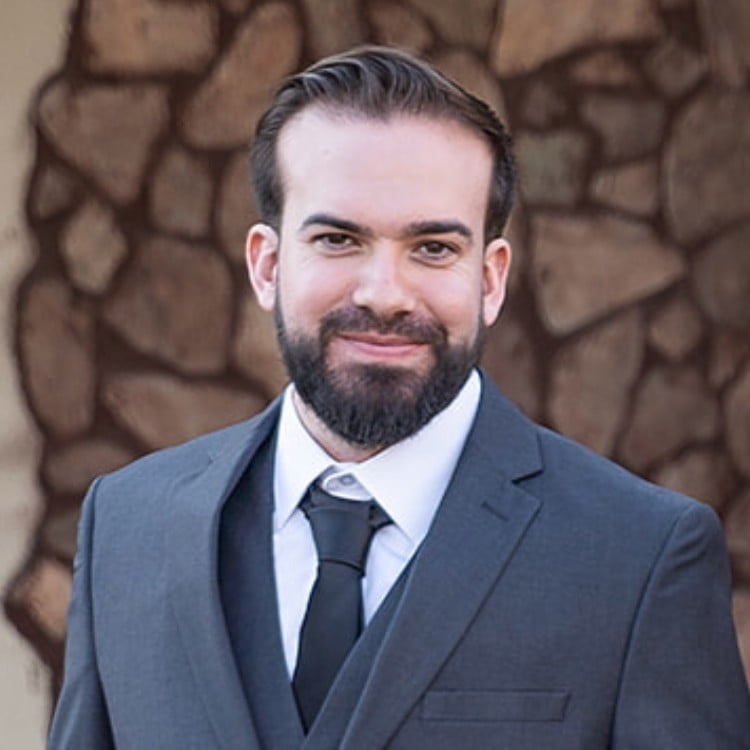FDA Gives Glaxo Approval for RLS Medication
Dr. Josh Kane Head Researcher at A Better Today Recovery Services and Lecturer at ASU picks up right where Big Pharma Opioid Epidemic, Part 4 – Misdiagnosing & Unnecessary Prescriptions left off.
Big Pharma company GlaxoSmithKline started to get approval for a medication to help with Restless Leg Syndrome, something that the Seinfeld show referred to as the “Jimmy Legs.”
During testing for the drug ReQuip, Glaxo found that it helped with 70 percent of people who said they had symptoms of RLS.
“They also found out that 60 percent of these same people responded to a placebo because Jimmy Legs ain’t a real disease. They didn’t tell that to the FDA,” Kane explained.
ReQuip was approved by the FDA as medication for RLS, and Glaxo was charging $60 a month for the prescription.
Casting the ReQuip Net Far and Wide
“What few people realized is that ReQuip was a drug developed for Parkinson’s Disease and it had potentially severe side effects.”
When Glaxo advertised ReQuip it was done in a way that most of the population could relate to it.
“They described it in ways that could apply to the entire US population: strange sensation, and urge to get out of bed, needing a better rest, tingling sensations, creepy crawly sensations, tightened or sore muscles. Does that sound like medical terminology?”
The main side effect of ReQuip is tiredness during the day.
“Let’s think about this logically just for a second here, you intermittently have the Jimmy Legs and the Jimmy legs keep you up at night. It’s not the end of the world, you can watch some TV, watch the home shopping network, you can look at your phone, get on Facebook … and so it’s not so bad. But what is bad about a restless night is the next day. You’ve got to be at work you have responsibilities, there are things for you to do but you’re tired.”
People took ReQuid hoping to get relief from restless nights, but the tiredness during the day didn’t go away, so what did they do? They got higher doses, and a cycle began.
They got higher doses, and a cycle began.
Side Effects Worsen
ReQuip targeted certain areas of the brain that deal with impulse control, Glaxo was aware of this and hid it from the FDA.
“Glaxo has a history of hiding things from the FDA.”
Kane explained that another one of its drugs, Paxil, was used to treat depression. However, one of its main side effects was suicidal thoughts, it knew this and hid it. Paxil brought in billions of revenue each year.
“For this transgression, [Glaxo] was fined $2.5 million.”
In the early 2000s Glaxo was sued by two men who had never gambled before, but after taking ReQuip, they gambled away everything.
“Glaxo settled both suits for millions upon millions of dollars, and suddenly prescribing ReQuip for RLS didn’t seem so profitable anymore.”
…continue on to Big Pharma Opioid Epidemic, Part 6 – ADHD Over-Diagnosis








